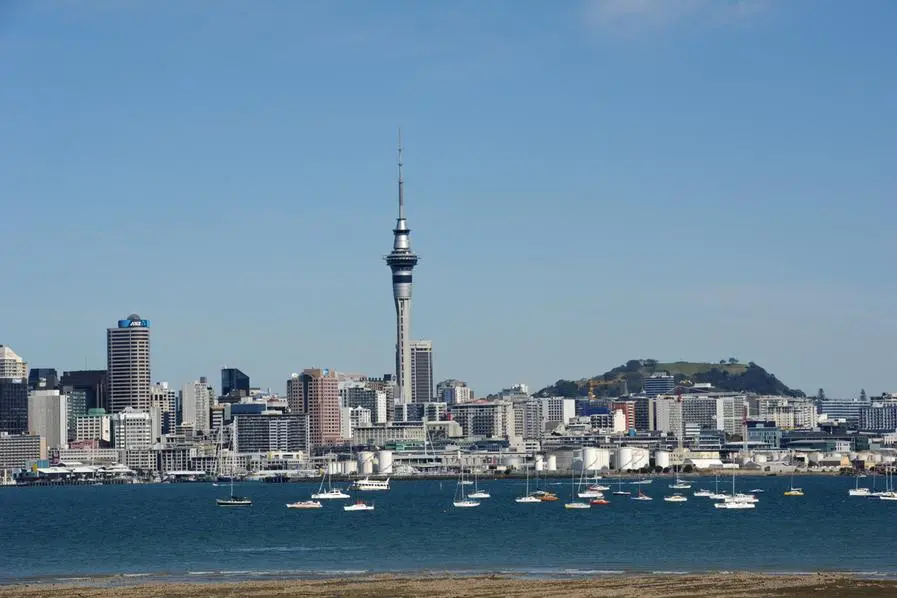PHOTO
New Zealand's central bank hiked interest rates Wednesday for the 11th time in a row as it fights to bear down on "high and persistent" inflation.
The Reserve Bank of New Zealand boosted the key official cash rate by a larger-than-expected half a percentage point to 5.25 percent, and it left any future move in the balance.
"Inflation is still too high and persistent, and employment is beyond its maximum sustainable level," the bank said in a statement after the decision.
Consumer prices rose 7.2 percent in the year to December 2022, official data show.
New Zealand's economic growth is set to ease through 2023, the central bank said, citing a global slowdown, higher interest rates and slower home building activity.
The RBNZ's policymaking committee -- which targets an inflation rate of 1-3 percent -- said the rate of any moderation in core inflation and domestic demand "will determine the direction of future monetary policy".
The rate rise, which contrasted with Australia's decision to pause the previous day after 10 successive hikes, drew some criticism from unions.
The central bank should pause before considering any further upward move, said New Zealand Council of Trade Unions economist Craig Renney.
Other central banks such as Australia's "have recognised that monetary policy operates with a significant lag, meaning that much of the impact of the increased interest rates have yet to be felt", said Renney.
"To say that unemployment is above its maximum sustainable level is (to) accept that tens of thousands more Kiwis must become unemployed," he added.





















